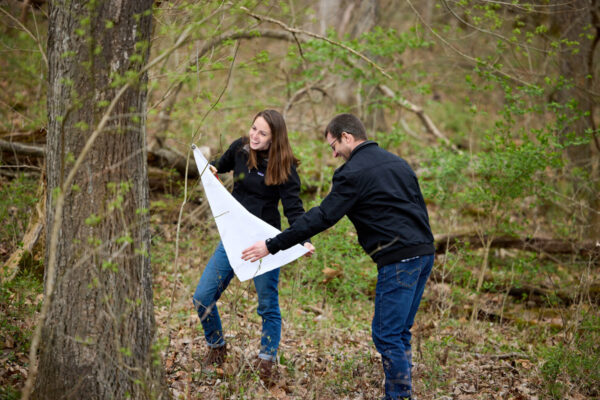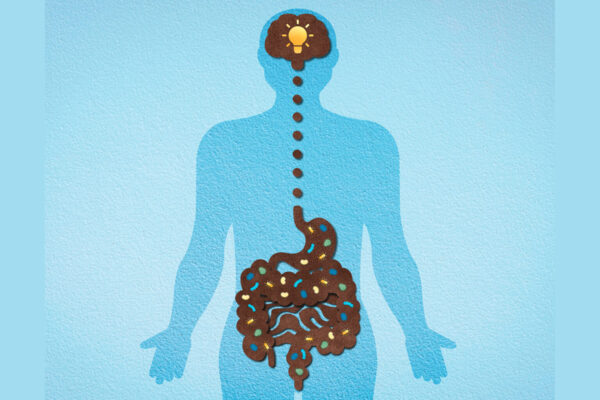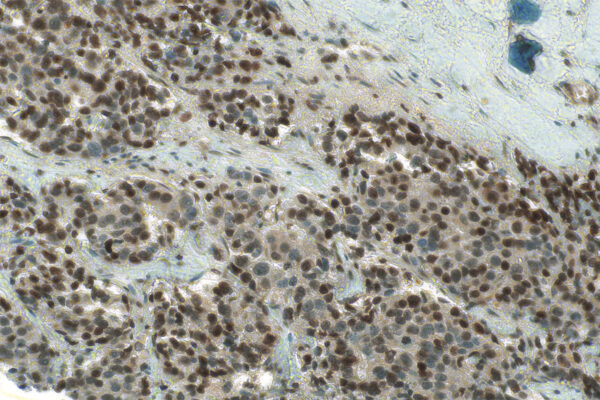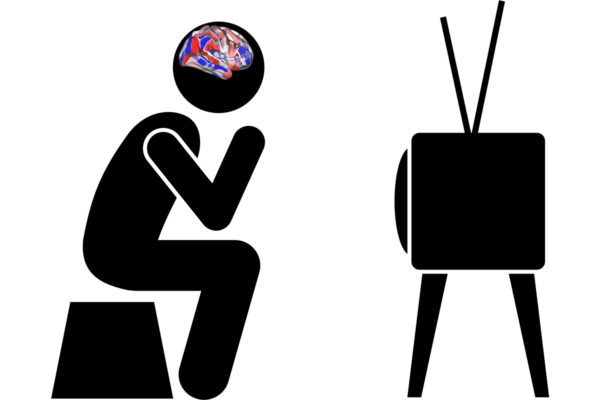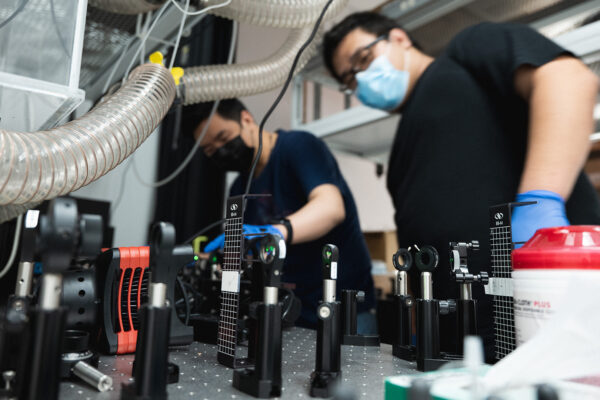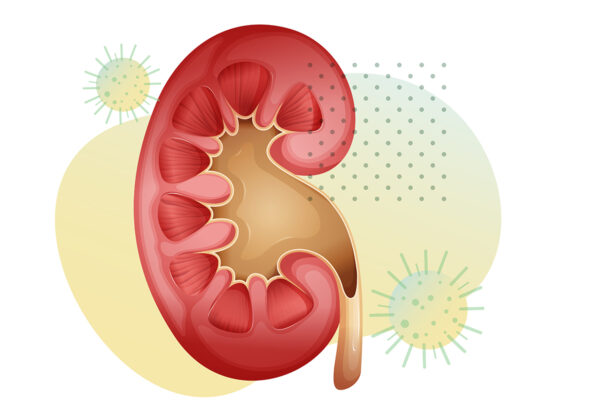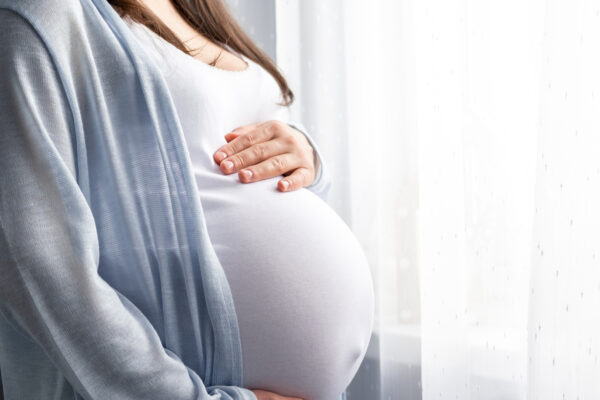Tick-borne Bourbon virus infects people, wildlife in St. Louis area
Ecologist Solny Adalsteinsson, at the Tyson Research Center, and virologist Jacco Boon, at the School of Medicine, are part of a One Health team studying how tick-borne Bourbon virus spreads through the environment, wildlife and people.
Altered gut bacteria may be early sign of Alzheimer’s disease
A study by researchers at Washington University School of Medicine reveals that the bacteria that live in the gut change long before Alzheimer’s disease symptoms arise. The discovery could lead to diagnostics or treatments for Alzheimer’s disease that target the gut microbiome.
Maternal vitamin D deficiency increases lifetime diabetes risk in offspring
Researchers at the School of Medicine have identified a process in immune cells that links vitamin D deficiency during pregnancy to an increased risk of Type 2 diabetes in offspring.
Study reveals how treatment-resistant prostate cancer provides its own hormonal fuel
A new study in mice led by School of Medicine researchers shows how prostate cancer creates its own hormonal fuel supply in response to anti-testosterone therapy. The study further suggests a strategy to block this process and potentially improve therapy options.
Children’s brain scans provide clues to processing of emotional cues
Washington University researchers found that how children’s brains process emotional cues typically is set by the time they are school age. They studied brain scans from hundreds of children ages 5 to 15 who watched videos that dealt with emotional topics.
Looking deeper with adaptive six-dimensional nanoscopy
With a $2 million National Institutes of Health (NIH) grant, Matthew Lew at the McKelvey School of Engineering will develop smart microscopes to reveal dynamic interactions between individual biomolecules.
Donated kidneys from deceased COVID-19 patients are safe to transplant
Kidneys from organ donors who were diagnosed with COVID-19 are safe to transplant and don’t transmit the virus to people who receive those organs, according to a new study led by researchers at the School of Medicine.
Cancer cells rev up synthesis, compared with neighbors
Researchers led by Gary J. Patti in Arts & Sciences established a method to watch what nutrients are used at which rates spatially throughout a tumor. The new approach offers clues for potential treatment strategies.
Preterm births could be predicted at around 31 weeks
Researchers at the McKelvey School of Engineering are developing better ways to predict preterm birth by analyzing electrical activity during pregnancy. Arye Nehorai’s lab uses electrical activity and deep learning to make predictions.
Book explores ChatGPT’s power to revolutionize research
Artificial intelligence can turn from a mere tool into a full-fledged partner in the research process. A new book from a faculty member at the Brown School at Washington University in St. Louis serves as a guide to the future of research.
Older Stories
